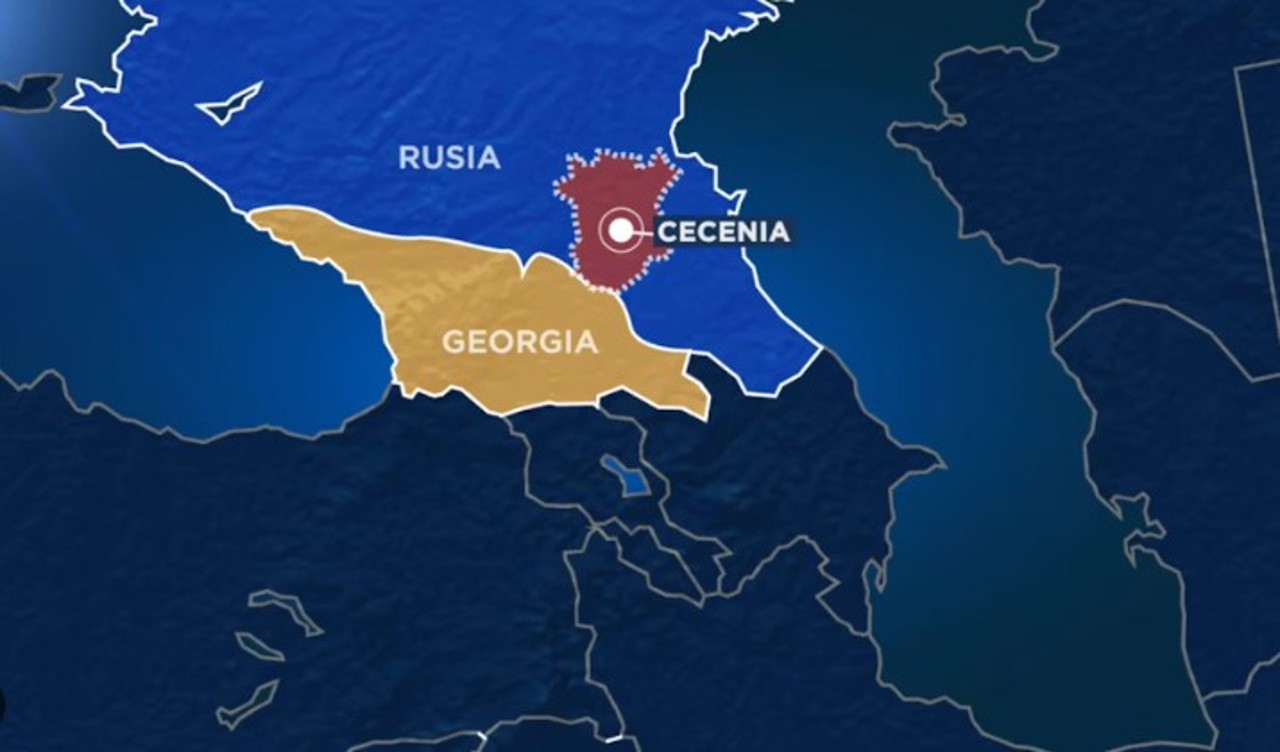Moldova E-Commerce Gap: Cities vs. Villages
A study by the American Chamber of Commerce in Moldova reveals a stark disparity in online shopping habits between rural and urban residents.

While villagers rarely participate in e-commerce, city dwellers are frequent users of online stores. Notably, 80% of seniors do not utilise the services offered by these online retailers.
This year, over 320,000 urban residents aged 18-64 made online payments for various purposes, including groceries, consumer goods, and utility bills. Moldova boasts approximately 470-520 online stores, but only 82 achieved an average monthly traffic exceeding 30,000 visitors between February and April.
Airline tickets and telecommunication services are the primary drivers of online payments, accounting for over 76% of the total. Last year, roughly 200,000 foreign tourists visiting Moldova opted for online booking of flights and hotels. The past three years have witnessed a significant increase in online platforms accepting bank card payments, with the number doubling during this period.
The study further highlights the widespread adoption of electronic salary payments in Moldova. Nearly all companies, including small businesses, deposit employee salaries directly into their bank accounts linked to debit cards. Pensioners also receive social benefits through bank accounts.
The future growth of Moldova's e-commerce market hinges on two key factors: rising household income and the efforts of major online retailers. The study emphasises the need for these retailers to expand product offerings, enhance the online shopping experience for customers, and provide competitive prices compared to brick-and-mortar stores.
Data from December 2023 indicates that Moldova has a high penetration of bank cards, with almost every consumer possessing one or more cards and internet access. However, the study authors argue that this high level of access may not necessarily translate into a significant increase in the e-commerce audience.
Translation by Iurie Tataru





